|
There are people that can and people that can't apparently....and I get that in some ways; natural extroverts who can perform under the spot-light at the drop of a hat and offer entertaining informing and effective presentations do exists but they are a lot thinner on the ground than you might think... It is possible to make yourself into a very able presenter, to manage the nerves, understand the mechanics of being effective and interesting and actually come to quite enjoy them rather than dreading them and avoiding them like the plague.. I suggest that you ask yourself a few basic questions every time you are asked to present:
You also need to understand what kind of presentation you are delivering: You will conclude that probably it is a mixture of a few of the key aspects above. Your Personal Brand Influence is simply how you can impact the presentation being successful by offering your unique delivery to the words and images and that is about the music of your voice, your animation (hands and body) your eye contact, your movement around the space, your smile and your presence....all of these are key to being noticed, entertaining, persuading and effective.
Worried that you might not have then star quality to wow and audience? Well there are some key ingredients that always impress and engage; professionalism and humour in the right mix, you can get an audience on side with both in the right measure depending on who they are and what they want from the presentation. Your call but judge it right and you will have them interested! Also jeopardy, meaning what happens if....they don't buy, agree or engage with your product / concept. Tell them a story, everyone loves a good story, make it interesting but give it a sting, the what happened when...sting that underpins your argument...also practice the living daylights out of your words and actions, make them natural but use your script, picture prompts and actions to underline your point, be lucid and confident and they will naturally want to listen. Confidence is about knowing what you aim to say, how you will say it and having purpose. Introvert or extrovert aside, practice does make perfect but a sense of purpose really is the key. Authenticity and personal investment all reap huge rewards and as the old adage says 'people buy from people' it is true and you have the power to control that in your audience. Most of all have fun with it; enjoy the fact that you can have a real and lasting impact on the audience in terms of their reaction to, thoughts about and actions after your presentation. We offer one to one presentation / performance coaching that really can make a huge difference, based on the above principles and the support of expert and informed observation, feedback and skills development. It does not need to be something you dread in fact it can be something you relish and thrive at... copyright Paul Goring 2014
0 Comments
 After spending a hugely enjoyable and productive afternoon with three graduate trainees last week; it has inspired me to want to talk about the powerful experience that we shared when talking about their personal brands and exploring their communication styles at work. I have in the past blogged alot here and elsewhere about Personal Brand mentioning the work I did with Angie Belcher at The Brand Button on developing the Personal Brand Wheel, which you can see here also; but the immediacy of a training session really brought home to me the ultimate questions that those of us seeking to understand, connect and influence others should be asking...’how does the world experience me’ ? The first stage in the this exploration is of course to ask that question – if you are not bothered enough to ask the question then you will not be receptive to finding out the answer and that is the key to the whole piece. I guess the simplest comparison is that when we talk, act or communicate in any way imagine that we are throwing a pebble (or huge boulder!) into the ‘water’ that is around us; that water could be the team, office, company or industry we work in. Now for some people that ‘pebble’ will cause some slight ripples that they understand and are prepared to work with because it’s you and they know what the authentic you is...however for others even the smallest pebble can create a tidal wave of emotional responses that can cause damage, of either short or long term impact. What understanding how the world experiences you is about is knowing that ripples are caused and then doing something about it if indeed something needs to be done... That kind of metaphor is all very good but what does it mean in real terms? Well let’s look first at Personal Brand. Being you authentically is great – people get you and know what they will get from you. Those who know you that is...what about poeple you are meeting for the first time? People who do not have a track record of experiencing you? That is when the second crucial A-word of personal brand comes in to play – Appropriate....that is all about turning your control dials up or down to make sure that the behaviour / message you are communicating is right for the circumstances. I guess that people who say ‘well that’s just me take it or leave it’ will have stopped reading already or maybe they haven’t, that would be great! So it is what others can expect from you that matters; if you are always in the middle of things at a party but are found alone in a corner others will certainly ask ‘are you ok?’ even if you are fine; you have created a brand that brings with it expectations from the rest of us. The same thing applies when we write a CV, complete an interview or perform in an assessment centre probably more critically than if we have a longer time to express our brand....people build expectations on the clues you give them and then expect you to meet them. OK so those of us that are interested in this will understand that as a brand we bring a package of behaviours and styles that others will learn to understand and expect. But the biggest compliment we can pay someone else is to think, ‘I am not like you and I want you to feel comfortable / understand me / connect with me and so I am going to be flexible to help that to happen’ but how.... This is where the communication styles work of Bolton and Bolton comes to mind. You have your Drivers, Expressives, Amiables and Analysts all with a style, needs and priorities. Understanding who you are communicating with and what they need is crucial to the generous act of flexing your style. DRIVERS: Fast paced decision makers, impatient with those that can’t keep up. They prefer speedy actions based on their opinions and will rectify mistakes later. They are practical, calm and get things done quickly. Seen by others as demanding and always goal/work orientated. May need to listen more and slow down sometimes.... EXPRESSIVES: Fast moving and adventuresome and they like new ideas and creativity. They prefer to create a vision and then persuade others that it is the right one. They are energetic, enthusiastic, entertaining and risk takers. Seen by others as gamblers, impulsive, high speed and persuasive. May need to accept rules, deadlines and real world factors more.... AMIABLES: Considerate and supportive of others; they want time to build rapport and focus on the team. The seek agreement and broker solutions with the group – they want everyone to be happy. They specialise in compassion, loyalty and building trust. Others see them as trustworthy, kind, strong on people skills and not self-promoting. May need to think more about their own needs and deal with conflict better? ANALYTICALS: Cautious and thoughtful; they like to have all of the facts before committing to an action. They seek to minimise risk by being thorough before deciding what to do. Specialists in precision, accuracy and objective thought; can be seen by others as a little detached sometimes, rational and cool but always reliable and accurate. May need to learn when to pick up the pace and trust more. Think about the times when you have been which ever one of these that you usually are; I know its simplistic but bear with me and now think about whether you could have been more flexible and achieved a better result by trying to understand what the other persons' natural style was and what was important to them? I am not preaching at you but just introducing the idea that an authentic and appropriate personal brand is hugely important but so is being a generous and flexible human being and I guess I am saying that if you can combine the two then you have got something special going on!  It is easy to ask 'how great was I' when you have achieved something - that is the kind of feedback that we all love and can cope with comfortably. The problem is and this will not be a surprise to you, the most important feedback that you ever hear is actually when you have failed to achieve something that you wanted to achieve. So you have created a brilliant CV because you have read my blogs about personal brand and your CV being your marketing flier and worked on it. Fantastic! The problem is that the interview you tried so hard and worked so long to get has resulted in them declining your application. They have given you some 'feedback' although it is pretty brief and useless because it reads 'there was simply another candidate who performed better than you did / was more suitable for the role / had more relevant experience' - so what next? Well thanks to the fear that seems to purvey many HR Departments that all feedback will lead to a tribunal that is likely to be the best you get when you ask for it the first time. It is no good to you and leaves you standing still. You need a bit more than a standard wording in a standard letter. So do not be afraid to ask for it. This does not mean creating a problem for the employer but just asking them very clearly what you need to work on to be successful next time. If you have the reflective learning and self-appraisal habit already then you will have made notes after the interview to describe how you felt you performed, what questions you answered well and which need work and how you think the recruiter rated your performance. So why not ask them specific questions like 'I felt that I came across as being very nervous and under confident, is that something that the interviewers report mentioned?' They might try to deny you detail at first but by being specific, constructive and polite you can make progress, especially if you make it clear to them that you felt you had been fairly treated and that you are asking for feedback to just help you to perform better next time! I have a good example from a few years back when I was a Recruitment Manager in industry; a young man who had received a decline letter with respect to his application to be a Sales Advisor rang up my team seeking further feedback. Sadly our feedback policy was also to say little and summarise the result as I have done above saying it was either experience or someone else out performing him. But he was not content with that, he felt he had performed well and argued that if he was never told how or where he fell short that he would repeat his errors next time. Quite rightly he persisted and found out my e-mail address and connected. I called him and he was so passionate about getting his performance right, so clearly disappointed that he had not got the job with us and so polite and professional despite his emotional state that I listened, talked to him and decided to meet him as I had not been involved in the initial recruitment process. Well the bottom-line is that I was very frank with him, he did not get the job because someone else with the proven track record, industry experience and industry qualifications did. In terms of his performance it was good and the only feedback remark from the report that he might be able to use was that he needed to slow down and be a bit more measured in his communication style. I recommended him for another position within the company, he was managing within 3 years and has gone on to have a very successful career. All because he asked and the fact that he asked and manner with which he asked told me a lot about him. Feedback is a used and abused; it was corrupted in the 80's and 90's when very earnest looking managers fresh from their training course on staff development and motivation used it during meetings where everyone felt awkward and no discernible progress occurred. But now it is crucial to help all of us in developing and understand how the world experiences us. Asking for it is brave especially in a recruitment scenario because it might feel like saying 'I know I have failed but can you tell me in a bit more detail why I failed' but really it is simply that you are saying 'I am honest with myself, I want to improve and by giving me honest and constructive feedback you can help me to do that.' Feedback and reflection are the fundamentals to you being able to evolve, learn and grow. To nail an interview you need to understand your past failures and do something about them. So don't let people off the hook if they don't want to help you - insist that they give you something that you can work on and take it on the chin! Paul Goring 11/27/2012 2 Comments Your Career - Your Brand It might feel weird to think about yourself as a brand but it is just about understanding what makes you unique and about developing an awareness of how the rest of the world experiences you. A big pool of graduate talent competing for fewer jobs means that a 2:1 is no longer the passport to your dream job. Getting the edge involves understanding what recruiters look for (beyond the academic) and matching your brand USP’s to the job by clearly demonstrating them in your CV and then talking about them lucidly at interview. Where do you start? How about conducting a personal brand review; simply list your work, sporting and life experiences. What skills have you learned? What did you learn about yourself? Now link your findings to the competencies that employers look for. Now find words that you want others to associate with your brand. Do you use them in your CV; are you always authentically those things? Make sure they are not on the boring list of CV words like passionate, focused and good team player that everyone uses! Understanding your unique brand takes time and effort but will get you results! But you need to start now!! Paul Goring 4/12/2012 0 Comments What is Career Coaching?We offer one to one coaching sessions specifically focused on where you feel currently ‘stuck’ in your career and what you want to achieve next and then we help you to identify how realistic your goals are and then work with you to develop a plan and put the skills in place to help you to achieve your goals.
Our Methods We use traditional coaching methods and also when appropriate we can implement Emotional Intelligence exploration, a Personal Brand review and practical one-to-one sessions on interview preparation, CV writing and application strategy. Who is it for? This is useful for job seekers, people recently made redundant, students beginning the process of thinking about their career, graduates seeking elusive jobs, people wanting to carve out a career in a new industry, those returning to a career after a break and for people who simply want to do a ‘career audit’ to establish their next move. How many sessions will it take? Of course everyone is different but in our experience it really depends on what needs fixing. A simple review session and some strategy work involving applications and a CV rewrite can take perhaps 2 or 3 sessions whereas if you are looking for a complete career change or need to review and explore your past experience and focus them into your future planning then maybe 5 or 6 sessions might be right but we will, of course, tailor our approach to your genuine needs. The success of our work always depends on you. Take a look at our on-line booking system for Career Coaching Clinic slots! |
Paul GoringAGR MIPR BPS Lvl B+ Archives
November 2018
CategoriesAll Appraisals Career Career Advice Career Coaching Career Decisions Careers Advice Career Support Coaching Communication Confident Interviews CV / Marketing Flier Education Employability Employers Events Grad Careers Internships Interview Performance Interviews. Interview Advice Interview Tips Job Advice Lucid Stories Management Skills Networking One To One Meetings Personal Brand Personal Development Presentations Reflective Learning Returning To Work Staff Development Student Employability Understanding The World Of Work Your Own Career Manager |
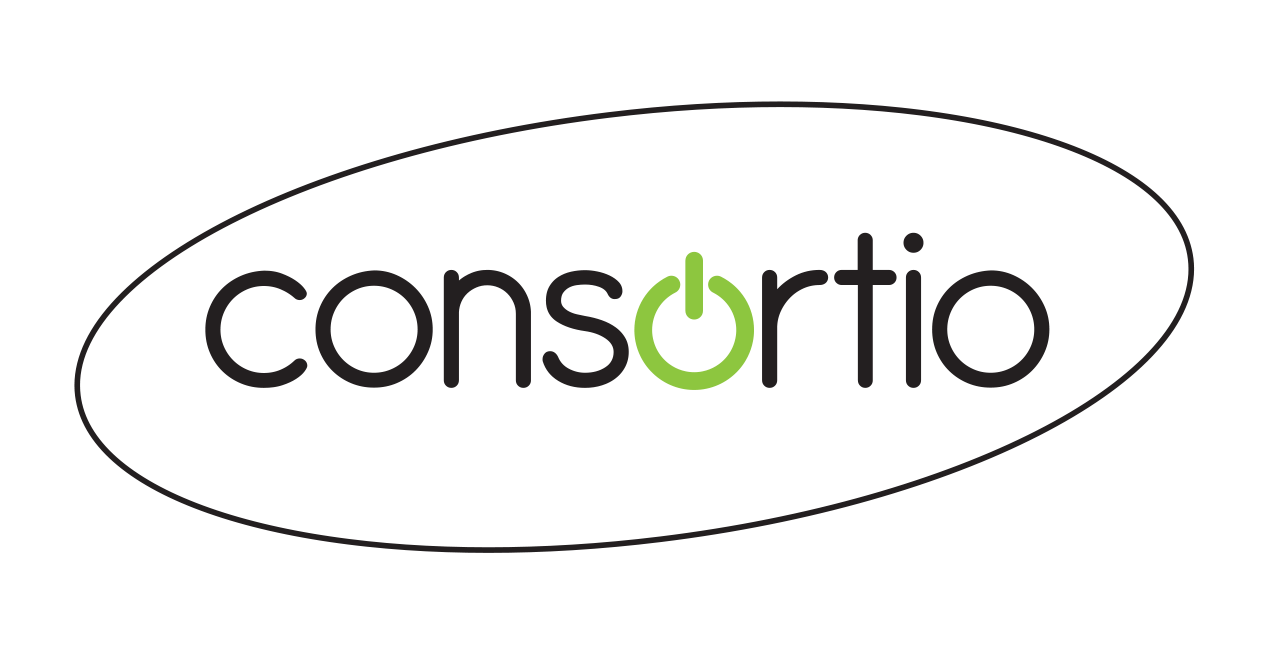
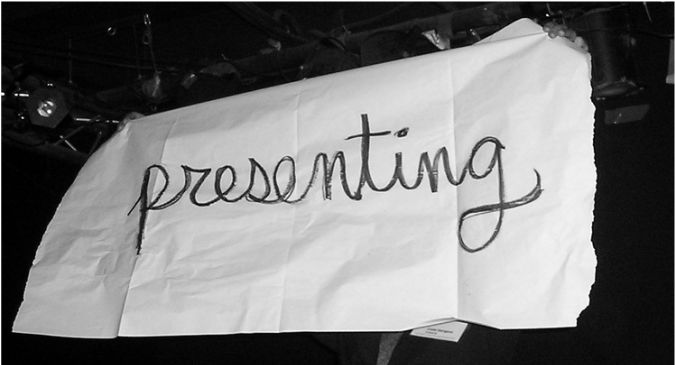
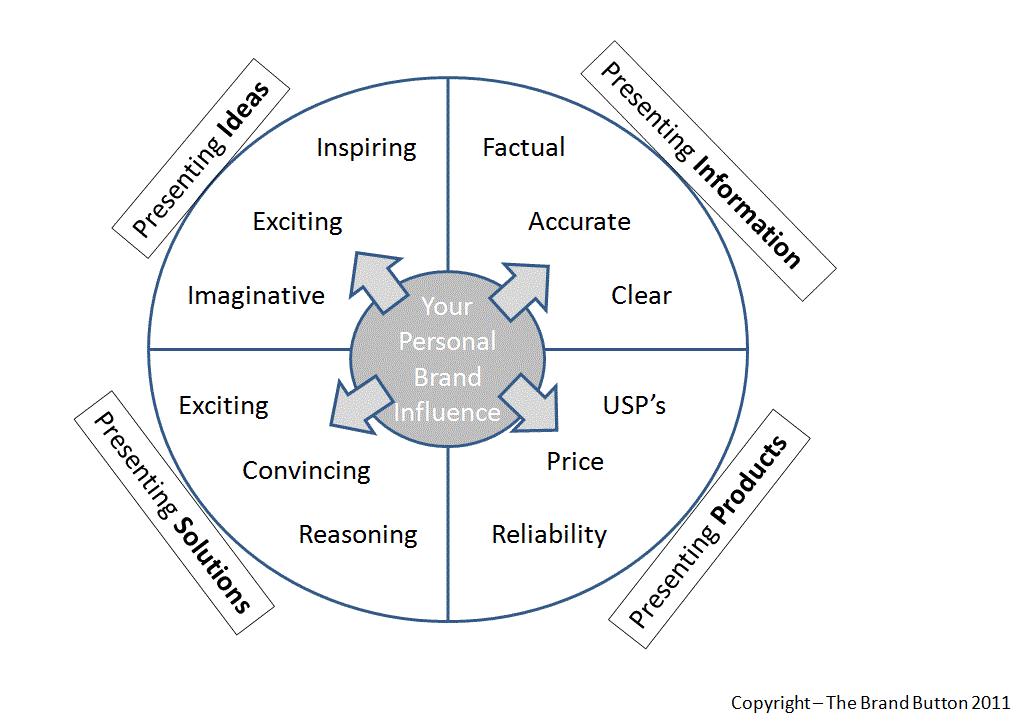
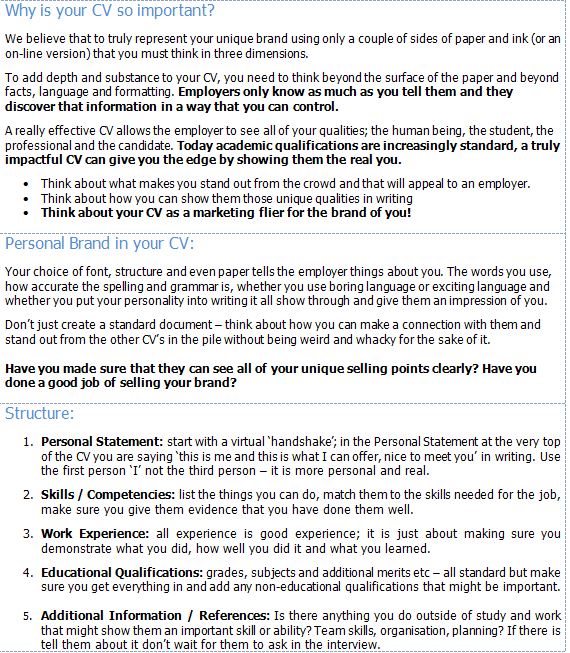
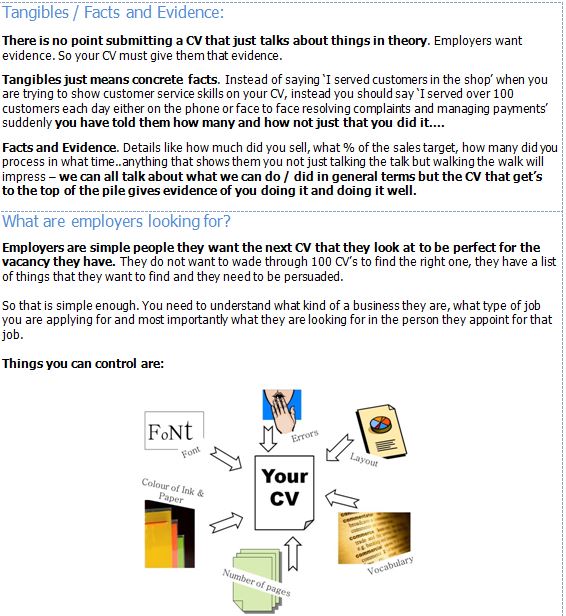
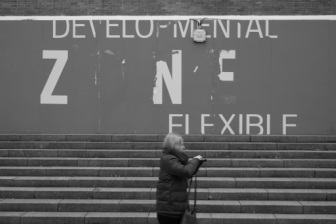


 RSS Feed
RSS Feed
